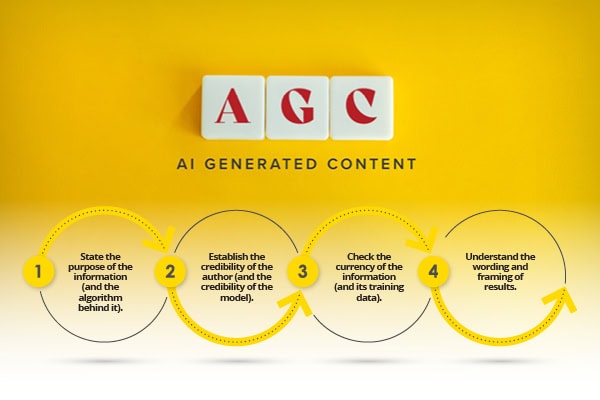Sixth- through eighth-grade presents a challenge for science and math teachers as student motivation tends to decline during adolescence, according to Education Slice.
Middle school students struggle with competence perceptions and the need for independence. To motivate them, educators should connect STEM subjects to real-world problems and give students the chance to solve them.
Project-based learning, virtual field trips, and hands-on experiments are effective strategies.
Building trust and boosting confidence are also important. Offering students choices and recognizing their achievements with stickers can help.
Teachers can challenge stereotypes by being role models. It’s crucial to make STEM careers seem plausible and to encourage students to imagine themselves in those roles. Motivation is influenced by the environment, and disinterest doesn’t necessarily mean lack of motivation. Competency and confidence in STEM subjects are valuable even for students not pursuing STEM careers. Cultivating interest and confidence early on opens doors for future paths.
Education Slice





